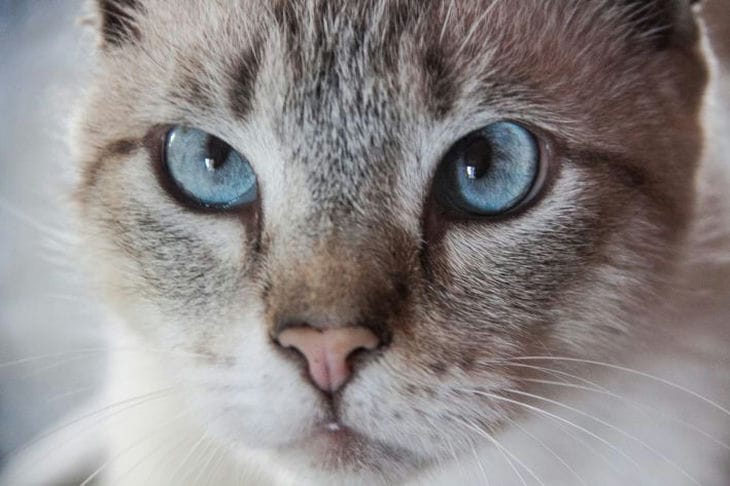What to do if your cat sheds a lot of hair constantly: effective solutions
Shedding in cats is a natural process associated with fur renewal.
However, if a cat sheds heavily and constantly, it may be a sign of health or grooming problems.
Constant shedding can be caused by a variety of factors, such as seasonal changes, poor diet, stress, or skin conditions.
The importance of proper nutrition
One of the main reasons for excessive shedding in cats is improper nutrition. The cat's fur directly depends on the quality of its diet.
Lack of essential vitamins and minerals can lead to poor coat condition and increased shedding.

To reduce shedding, it is necessary to provide your cat with a balanced diet rich in proteins, fats, vitamins and minerals.
Particularly important are omega-3 and omega-6 fatty acids, which strengthen the coat and reduce hair loss.
The Role of Grooming
Regular grooming can help reduce the amount of hair loss. Cats need to be brushed regularly, especially during the shedding season.
This not only removes existing hair, but also stimulates blood circulation in the skin, which promotes healthy hair growth.
Long-haired breeds require special combs and brushes to help prevent tangles and make brushing easier.
Environmental influence
The environment plays a major role in the condition of your cat's coat. Dry indoor air can lead to dry skin and increased shedding.
Humidifiers help maintain optimal humidity, which has a positive effect on the condition of the animal's fur and skin.
It is also important to provide your cat with comfortable living conditions, minimizing stress factors such as loud sounds or temperature changes.
Medical reasons
Constant and excessive shedding may be a sign of skin disease or other medical problems. Parasites such as fleas or ticks can cause itching and hair loss.
Allergies, fungal infections, and hormonal imbalances can also cause excessive shedding. If you suspect a medical cause, you should consult your veterinarian for diagnosis and treatment.
Stress and psycho-emotional state
Cats are sensitive to changes in their environment and may respond to stress by shedding more.
Moving, new family members, or other animals can be stressful. It is important to provide your cat with a calm and predictable environment, providing her with quiet places to rest and opportunities to express her natural instincts.
Use of vitamins and supplements
Sometimes veterinarians recommend special vitamins and supplements to improve the condition of the coat and reduce shedding.
Preparations containing biotin, B vitamins, zinc and fatty acids help strengthen the coat and reduce hair loss. However, the use of any supplements should be agreed upon with a veterinarian to avoid overdosing and unwanted side effects.
Choosing the right shampoo
Choosing the right shampoo can also help combat excessive shedding. There are special shampoos for cats that strengthen the coat and improve the skin condition.
They not only clean the fur, but also nourish the skin, reducing its dryness and irritation. Washing a cat with shampoo should be done no more than once a month, so as not to disturb the natural balance of the skin.
Previously we talked about the signs of a spoiled dog .
